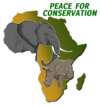No products in the cart.



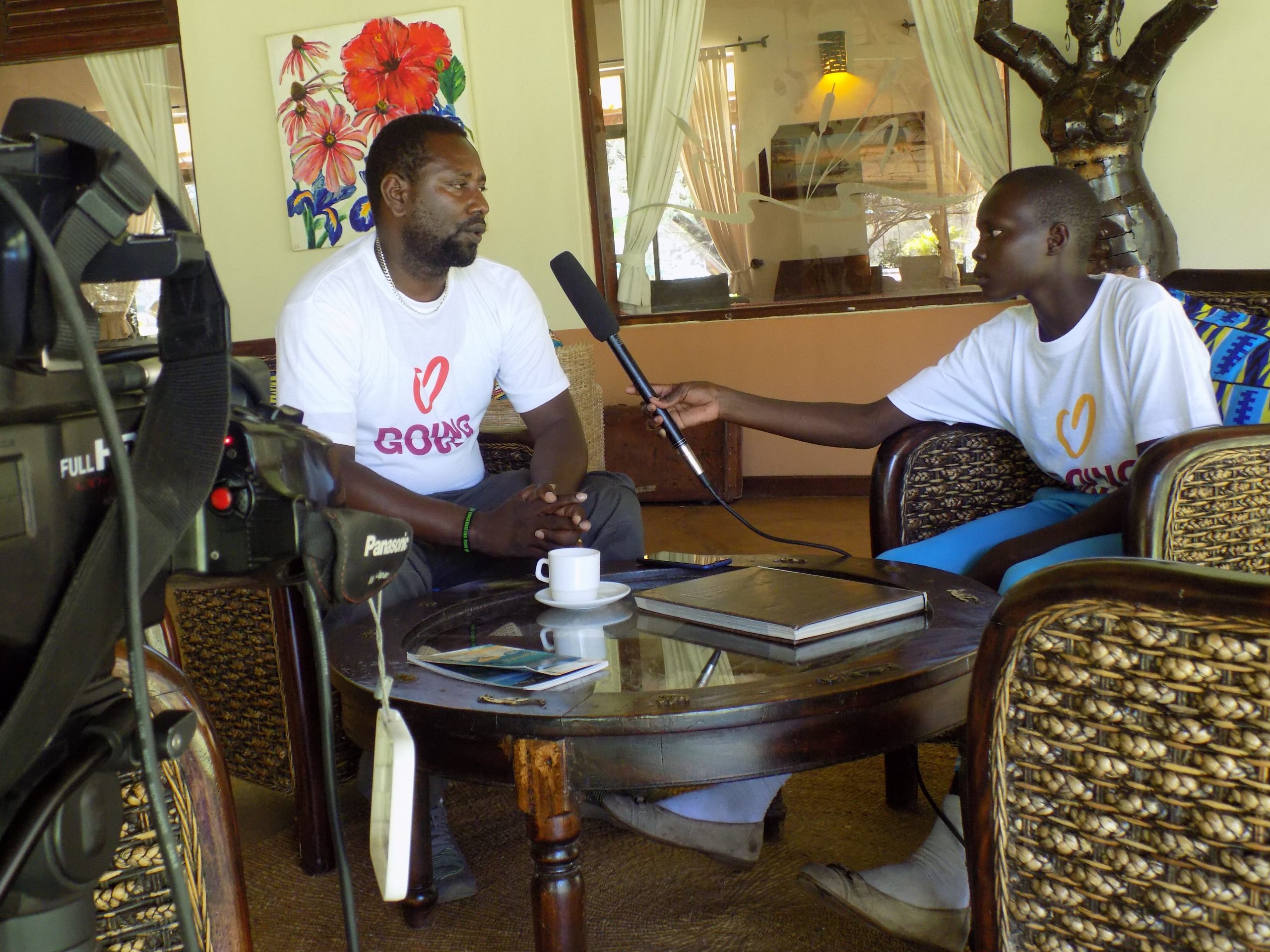
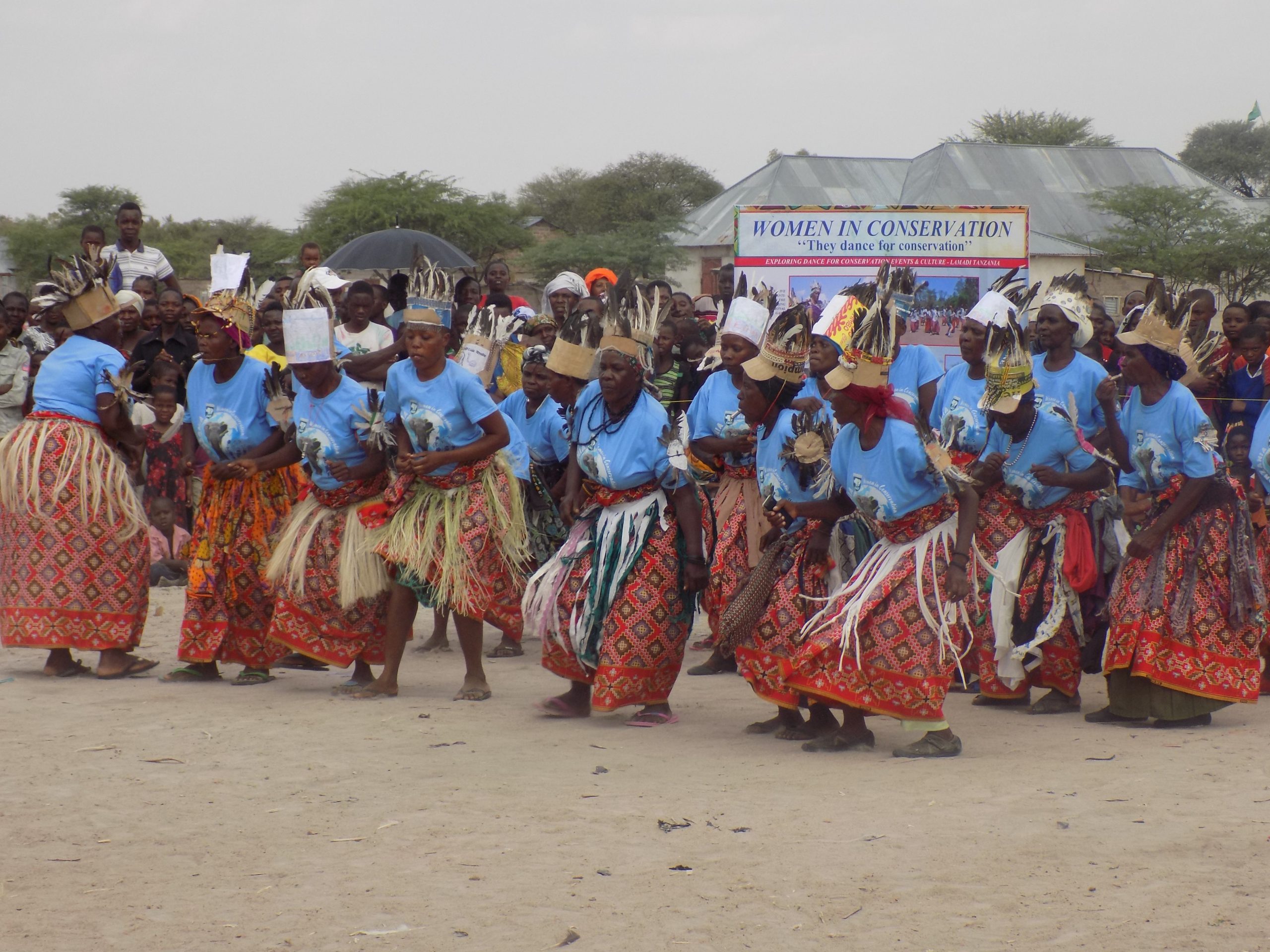

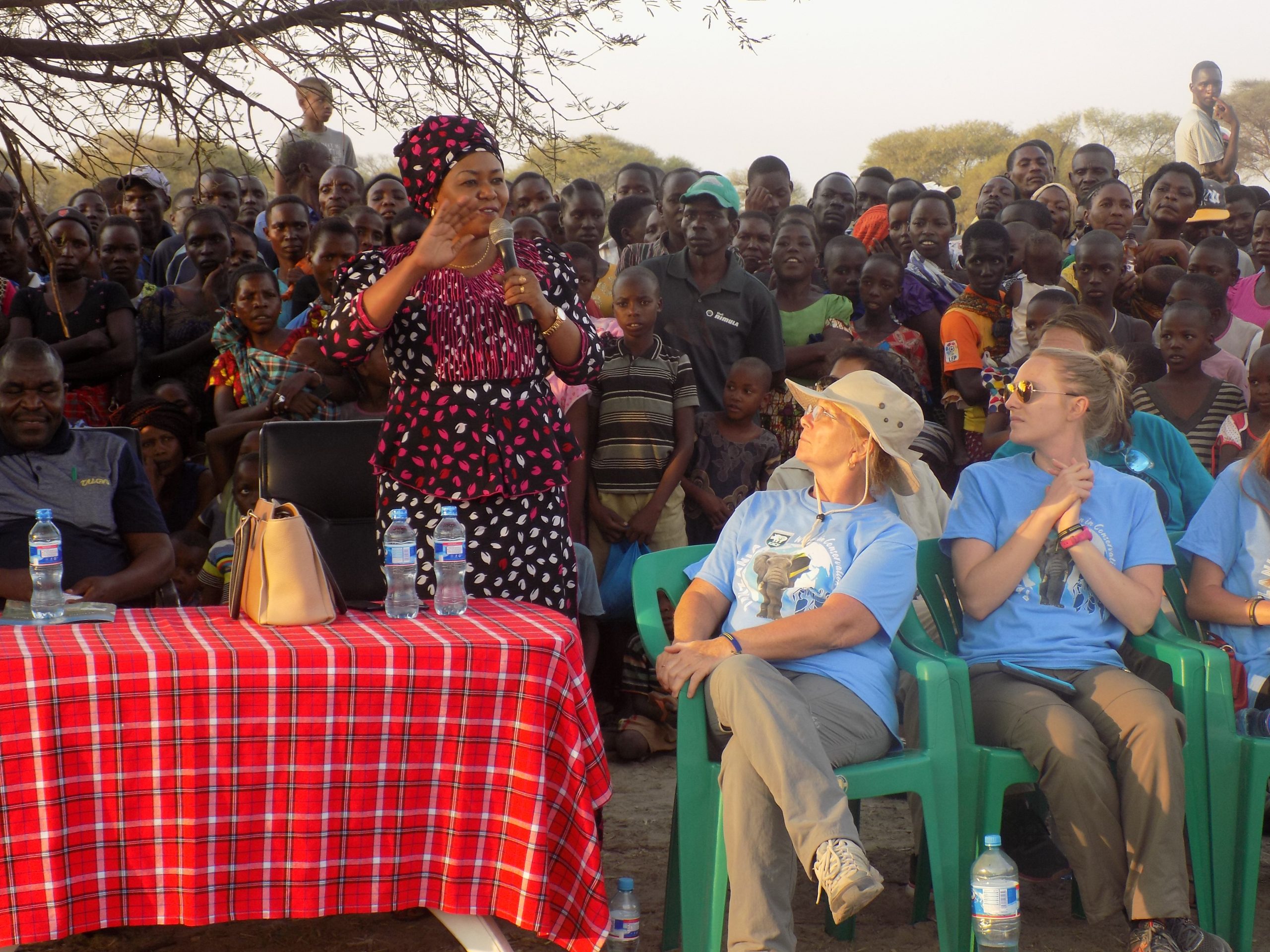
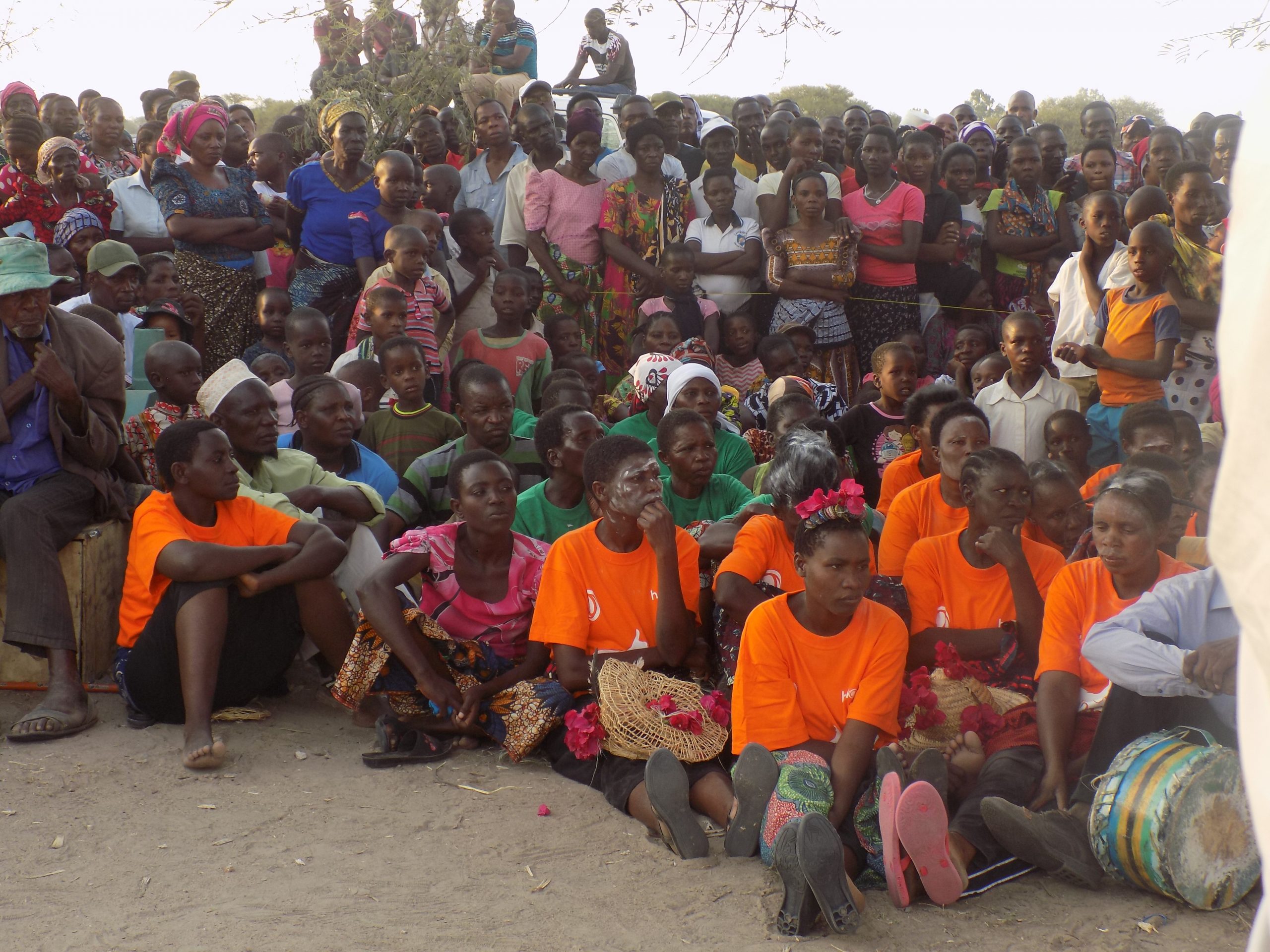
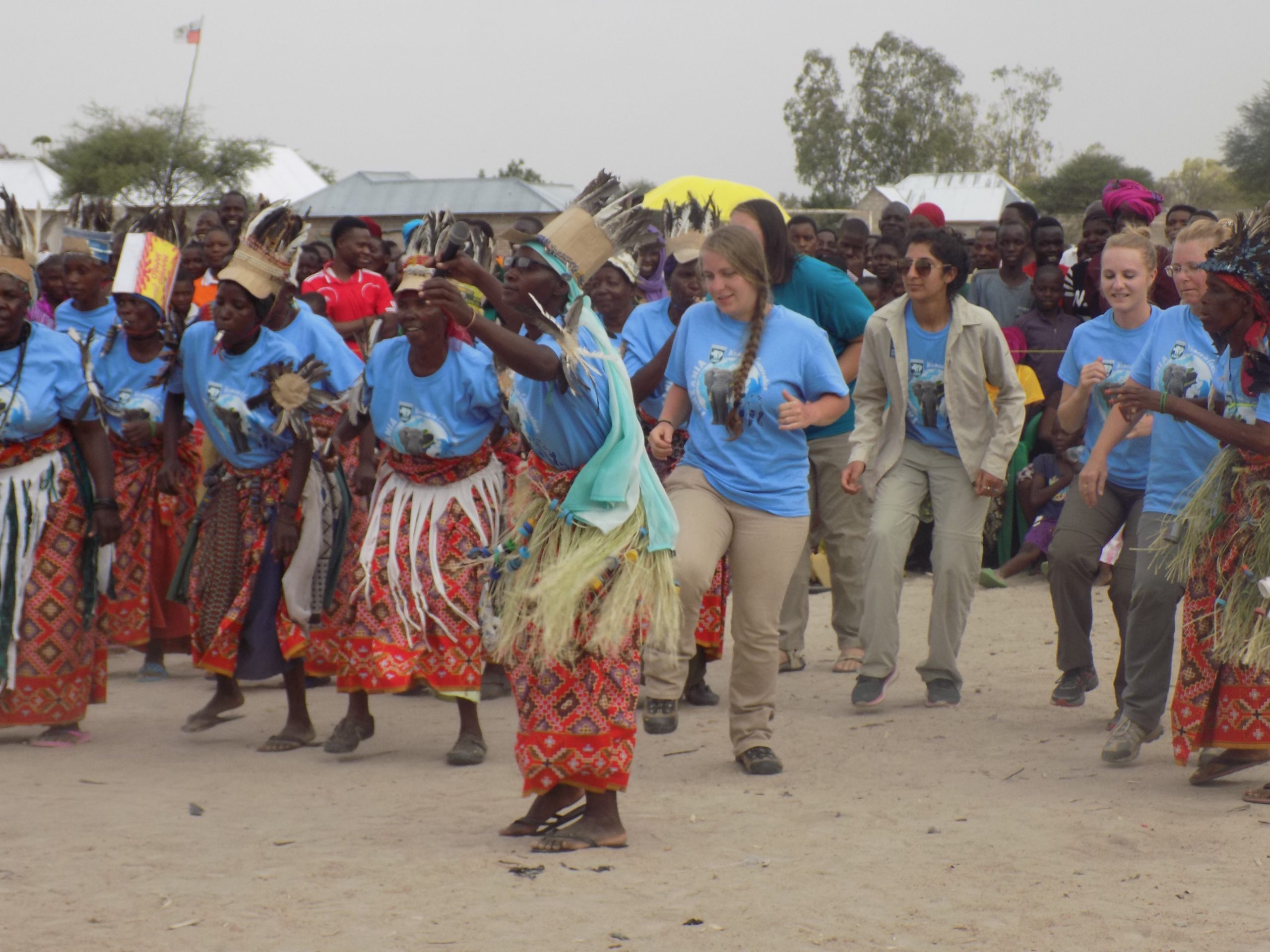
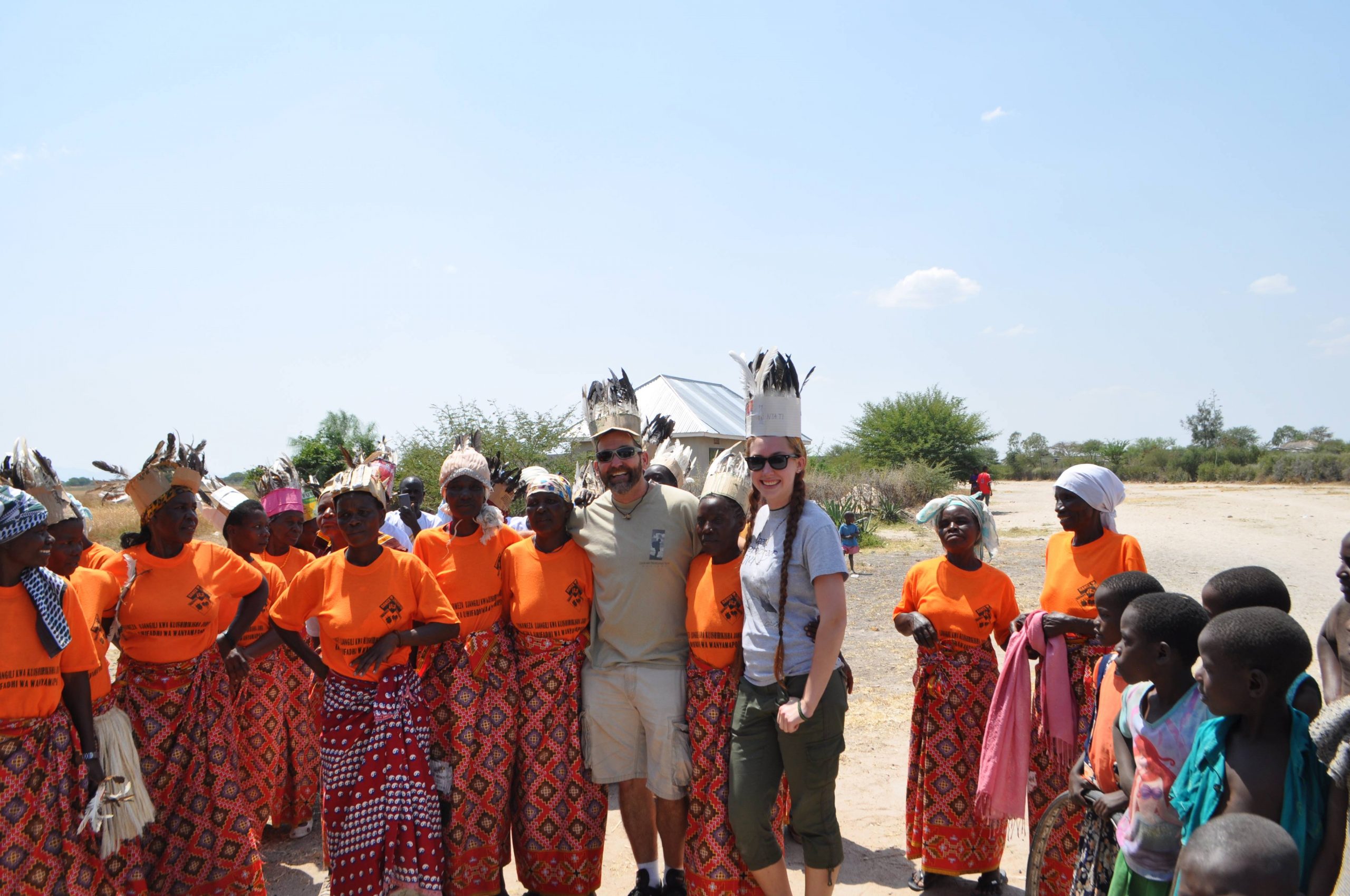
CONSERVATION EDUCATION
Our educational outreach focuses on the One Health system – ecosystem health, wildlife conservation, and the benefits to people and their lives in the project area. Certainly, the future of wildlife in Tanzania lies in the hands of the people living adjacent to protected areas. PFC intends to continue working with stake holders including TAWA, TANAPA, government, community members, women’s groups, and school administration to develop and provide locally-relevant educational outreach to communities in the Busega District. This includes using culturally-appropriate techniques to deliver information and messaging, such as women’s dance groups, soccer games and tournaments, youth mentorship, and comedian acts.
Through interactive outreach, we engage children, youth and adults in learning about ecosystems and wildlife, and exploring the connection between human wellbeing and the environment. In turn, we hope to encourage and empower rural communities to manage, conserve and derive benefits from their natural resources, as well as secure and improve local livelihoods.
HUMAN-WILDLIFE COEXISTENCE
PFC implements culturally-appropriate educational outreach programs in the communities bordering the Kijereshi Game Reserve and the Serengeti National Park. Techniques and messaging has been developed locally by community members, and is intended to be an engaging and fun way to deliver conservation education.
DANCE FOR CONSERVATION:
Traditional dance is an integral part of community life and culture in the Sukuma tribe, a Bantu ethnic group native to the Africa Great Lakes region, and many of whom reside in Tanzania. Dance is common after harvesting crops from farms, and for other celebrations and events. Further, some of the women’s dance groups have expressed interest in sharing their dance as part of a cultural exchange and engagement in cultural tourism.
The groups perform dances that reflect human life and interactions with local wildlife species, and that share messaging around environment issues (e.g., garbage clean up and proper disposal, clean water and warn against wildlife poaching). In the past, dance groups have participated in a competition where song is included, and whose lyrics are meant to discourage listeners from colluding with poachers and wildlife destruction. Winners competition, where song is included whose lyrics are meant to dare selected by a panel of judges, and are awarded safari tour trips to the Serengeti National Park or the Kijereshi Game Reserve to continue their wildlife conservation education.
SOCCER FOR CONSERVATION:
Soccer is another effective educational approach that provides a venue to engage youth and other community members in conservation information and encouraging action, given the popular nature and cultural importance of soccer in Tanzania. Peace for Conservation Works with local organizers of soccer tournaments to share conservation information and recruit support for positive action on anti-poaching and the One Health system.
Further, unique wildlife species found in the Kijereshi Game Reserve and in the Serengeti National Park areas are used as team mascots and icons, and in turn, provides a venue to share biological and ecological information on these species.
Winners of these tournaments are awarded safari tour trips to the Serengeti National Park or the Kijereshi Game Reserve to continue their wildlife conservation education.
COMEDIANS FOR CONSERVATION:
Peace for Conservation has engaged a local comedian to help develop anti-poaching messages, including illegal bush-meat and ivory hunting activities, and to help shed light on the techniques used by bush-meat hunters and sellers. Additionally, the messaging encourages community members to report to police and to anti-poaching units incidents of wildlife crime, and to learn about the One Health system.
PFC has found that using comedy to address these illegal activities is culturally appropriate and innovative, and plans are being made to implement this type of community event four times annually.
CONSERVATION CURRICULUM AND YOUTH MENTORSHIP
Peace for Conservation in collaboration with retired poachers, teachers, and school administrators, develop locally-relevant conservation education curricula, in order to grow conservation education capacity across schools in the Busega District. The new curriculum include information on wildlife biology and ecology, anti-poaching, environmental land use, One Health, and will engage local and international experts and volunteers in conservation education.
Further, as part of this curriculum, PFC developed an extra-curricular Eco-club program for schools, led by engaged and proactive and self-identifying teachers and school administrators. Eco-Clubs can include primary and secondary school aged-children, and would implement student-led initiatives in villages and broader community settings that center around One Health.
This may include activities such as litter clean up and educational campaigns, lakeshore improvements, planting trees for climate change mitigation and participation in soccer, dance and comedian outreach events.
Peace for Conservation also offers journalistic-style opportunities for youth, to encourage and enable them to express their views and experiences related to local environmental and social issues through different forms of media – writing, photography, social media, and video. These opportunities provide a creative space for youth to tell their story and vision for a sustainable, environmentally and socially just future.
As part of PFC’s commitment to conservation education and youth mentorship, a summer Eco-Camp program for up to 50 children and youth camping for five days in the Kijereshi Game Reserve; children learn bush life and camping skills.
Peace for Conservation provide a lead facilitation role, alongside TAWA staff rangers from the Kijereshi Game Reserve, local teachers, and farmers to talk about local wildlife conservation, land management and relationships between protected areas and community members.
PFC believes that every young person can be a conservationist. To that end, poachers are recruited and retrained by Peace for Conservation. to act as travelling village educators on wildlife conservation. One of their roles is to visit schools and local communities to advocate wildlife conservation, to teach the effects of wildlife poaching and the bush-meat trade, and to provide testimonials of the impact of wildlife conservation to Tanzania’s national income through tourism.
ECOLOGICAL RESTORATION THROUGH PLANTING TREES UNDER SLOGAN “ONE STUDENT ONE TREE”
Communities bordering Protected Areas (PA’s), especially the Western Serengeti Ecosystem of Tanzania are practicing agro-pastoralism which increases pressure to natural resources as they clear larger pieces of land to open up farms and other uses of timber for fuel wood and construction. These practices can include slash and burn, charcoal making, indiscriminate dry season fires, and encroachment of wildlife corridor for agriculture activities and settlement. We depend on trees to live, as trees produce oxygen, which is part of the air we and other animals breathe. Without oxygen, we cannot live for even a moment. Trees also help make reduce global warming both here and Africa and beyond as they reduce carbon dioxide level globally.
There is an urgent need to restore deforested lands to their original condition as adaptation and partly mitigating adverse effects of climate change such as drought to ensure a healthier future for both our communities and biodiversity. Pieces of land that urgently need our attention include school, village, and faith based organizations or general-purpose land, so we continue to receive environmental benefits in the future. This campaign focuses on school adjacent to Serengeti ecosystem “Western corridor” in Busega District of Tanzania. It is our hope that each student will plant at least one tree and branded his/ her name as motivation, resulting to twenty thousand trees to be planted during the campaign for the year 2021/ 2022. In a direct response to this urgent need, Peace for Conservation in partnership with Global Resources Alliance (Tanzania) have developed a campaign to distribute and plant trees in schools adjacent to the Western Serengeti Ecosystem of Tanzania, in the Busega District of Tanzania.
